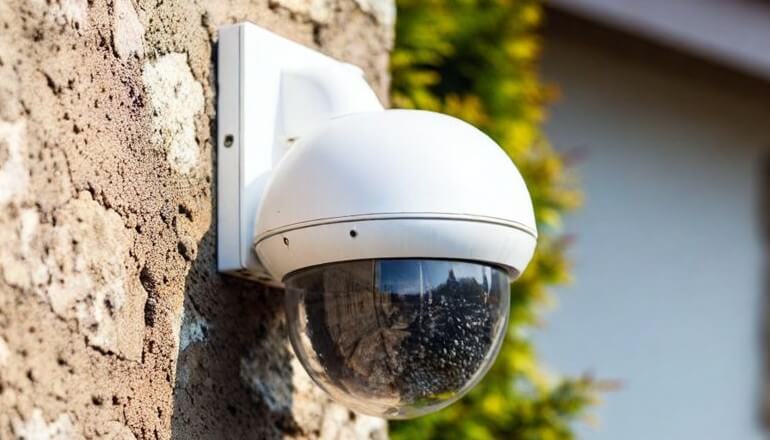Protecting Your Home with CCTV: A UK Homeowner’s Guide
Home CCTV systems are becoming a must-have for many UK residents. With rising concerns about property crime and the convenience of modern surveillance technology, installing cameras is an increasingly popular way to boost home security.
Whether you’re thinking about your family’s safety, keeping an eye on deliveries, or making sure your property is protected while you’re away, this guide will walk you through the essentials of choosing and using a CCTV system at home—legally and effectively.
What Are the Benefits of Installing CCTV at Home?
CCTV isn’t just about recording crime—it’s a proactive tool that gives homeowners more control over their security. Here’s what it can offer:
- Crime Prevention: Clearly visible cameras can deter burglars before they act.
- Evidence in Case of Incident: High-quality video footage can support criminal investigations or insurance claims.
- Remote Access: Monitor your home in real-time through your smartphone or device.
- Everyday Convenience: Check in on pets, elderly family members, or even just confirm a package delivery.
Understanding the Different Types of CCTV Systems
There are several CCTV configurations available, and the best choice depends on your property type, tech comfort level, and budget.
Wired CCTV Systems
- Offer strong, uninterrupted video signals
- Typically installed by professionals
- Best suited for long-term home setups
Wireless CCTV Systems
- Easier to install with no need for drilling or cabling
- Allow more freedom in camera placement
- Can be affected by Wi-Fi signal strength
Smart CCTV Systems
- Controlled through apps and connected to smart home platforms
- Store footage in the cloud (may require monthly fees)
- Great for tech-savvy users who want advanced features
Indoor vs. Outdoor Surveillance Cameras
When planning your system, think about where coverage is needed:
Outdoor Cameras
- Designed to handle weather and outdoor conditions
- Often include motion detectors, night vision, or sirens
Indoor Cameras
- Smaller and less obtrusive
- Ideal for watching over specific rooms, children, or elderly care
Helpful features to look for:
- High-definition video (1080p or better)
- Two-way communication via the camera
- Real-time alerts triggered by motion
- Multiple storage options (SD card or cloud services)
Legal Guidelines for CCTV Use in the UK
Using CCTV at home doesn’t mean you’re free from legal responsibilities. If your cameras capture footage beyond your property—such as public paths or neighbouring homes—you must follow the UK GDPR and Data Protection Act 2018.
Here are the basics to stay compliant:
- Use Clear Signage: Let people know recording is taking place.
- Keep It Purposeful: Use the system only for home protection.
- Protect Personal Data: Provide access to recordings if requested by individuals captured.
- Avoid Over-Retention: Delete old footage once it’s no longer needed.
If your system only records within your property’s boundaries, GDPR laws don’t apply, but best practices are still strongly advised.




